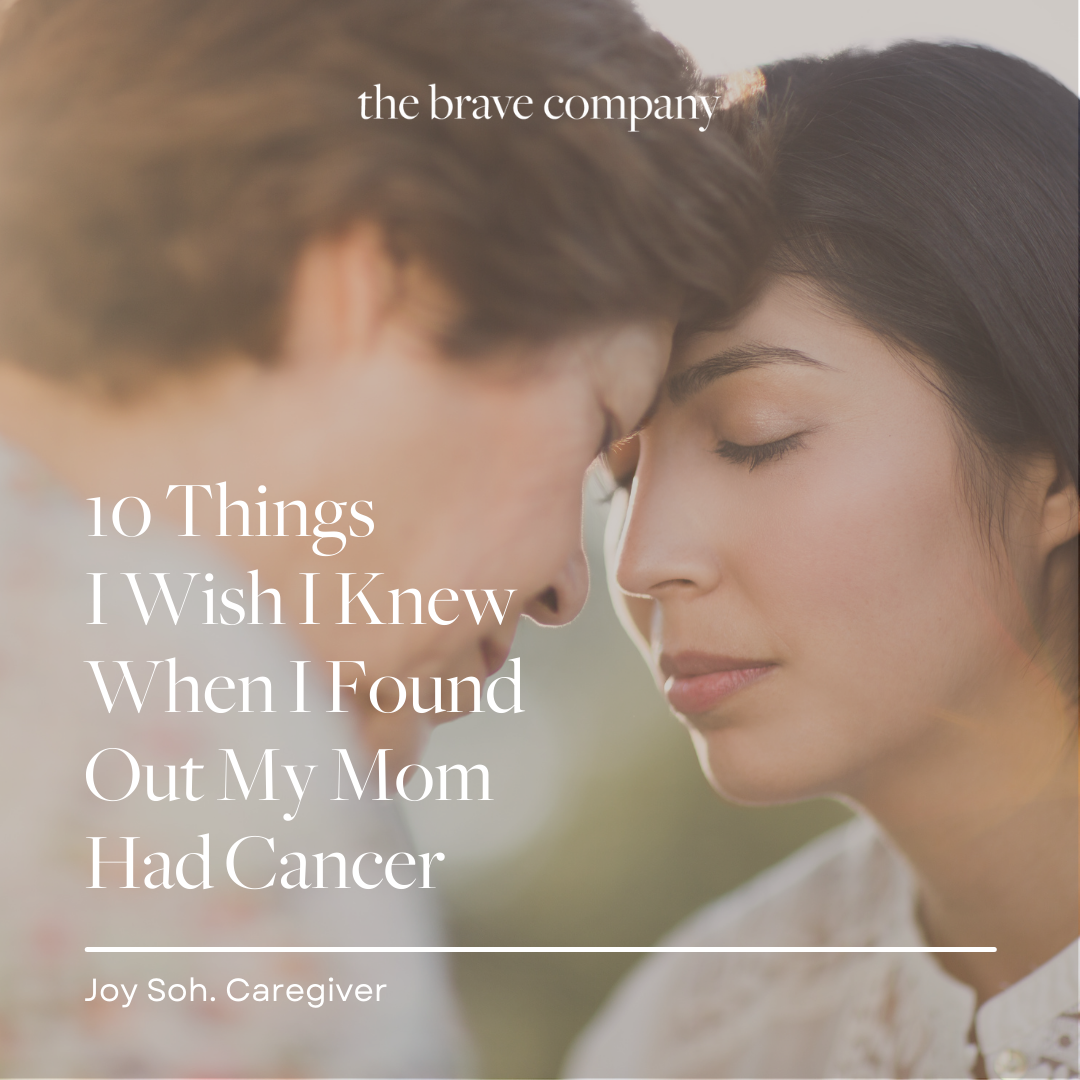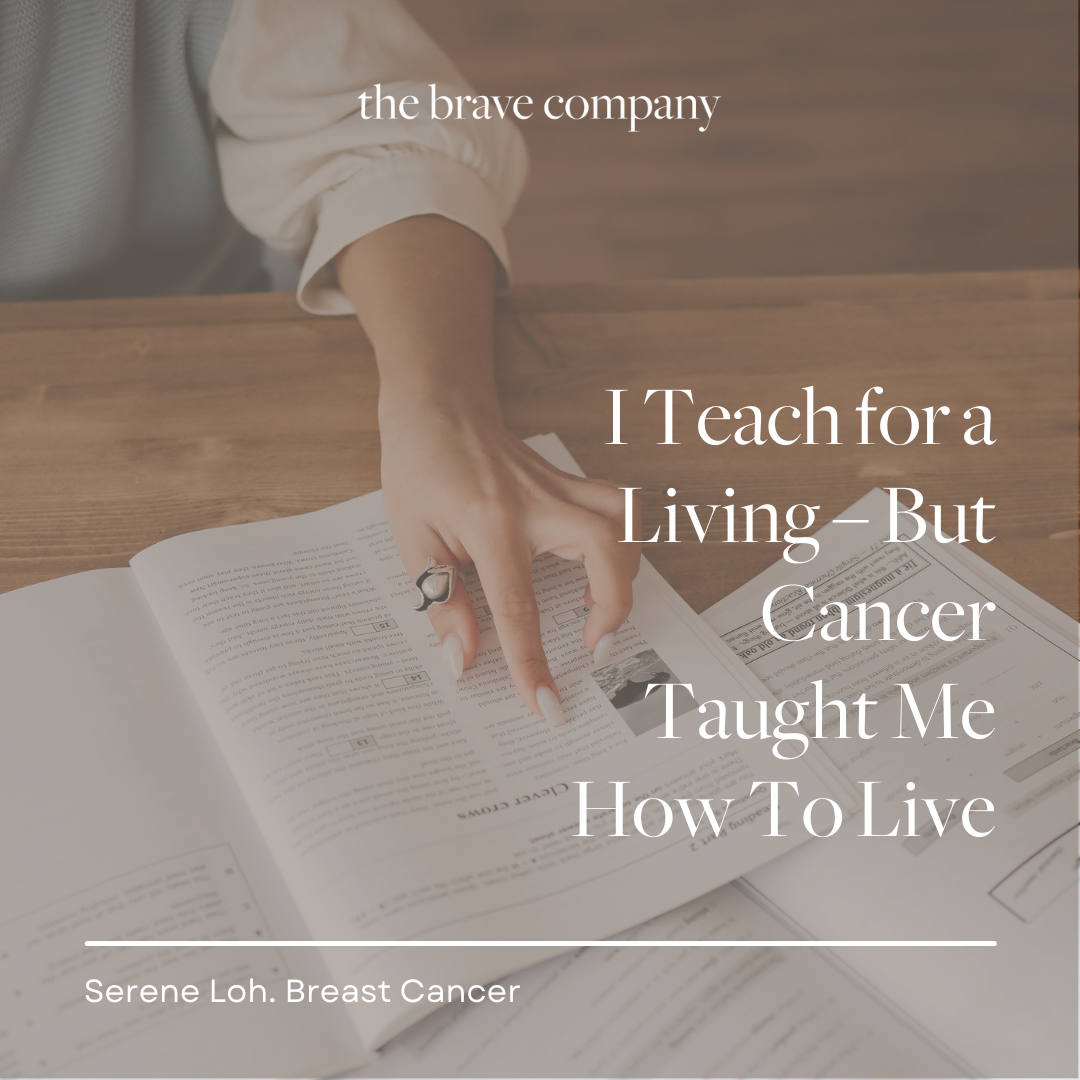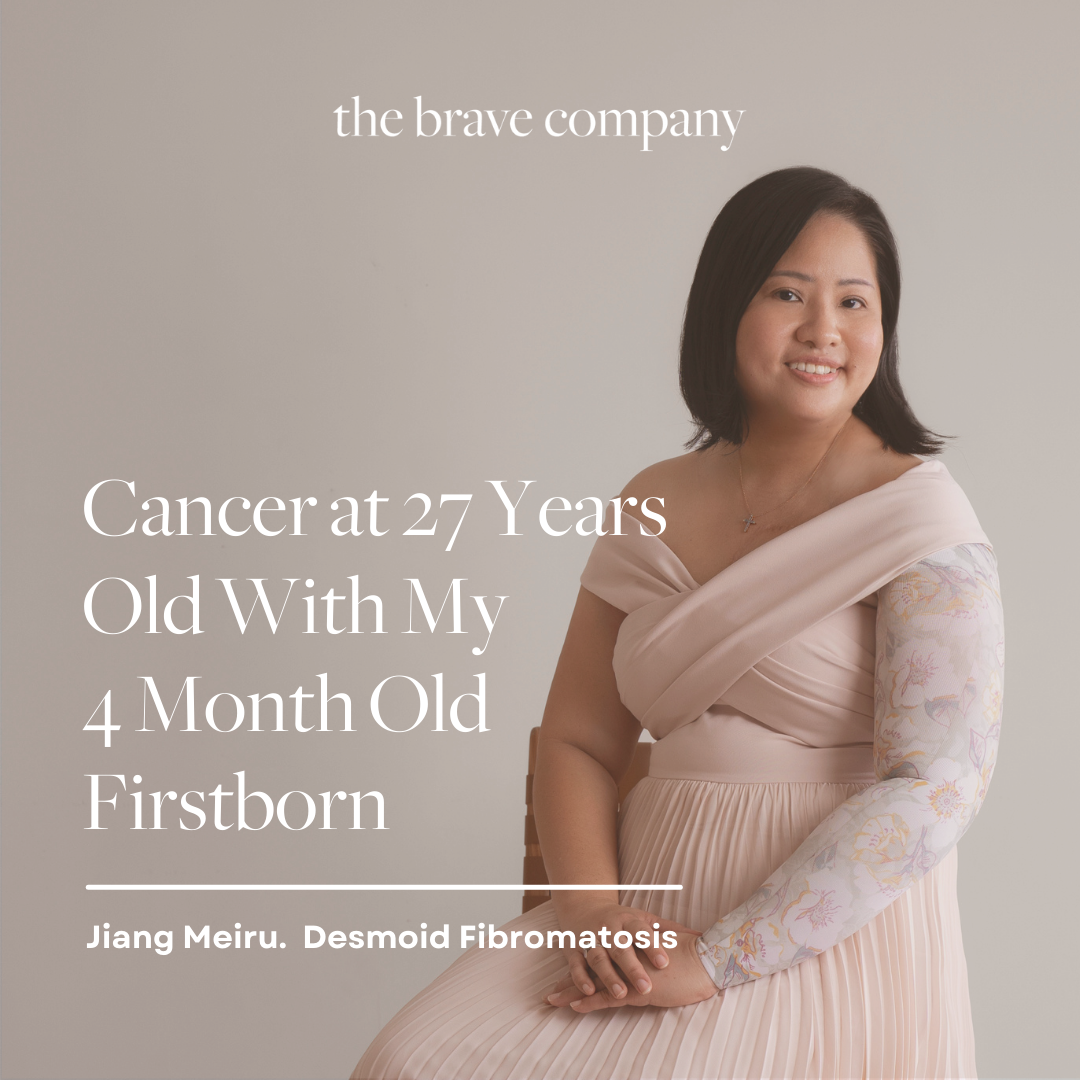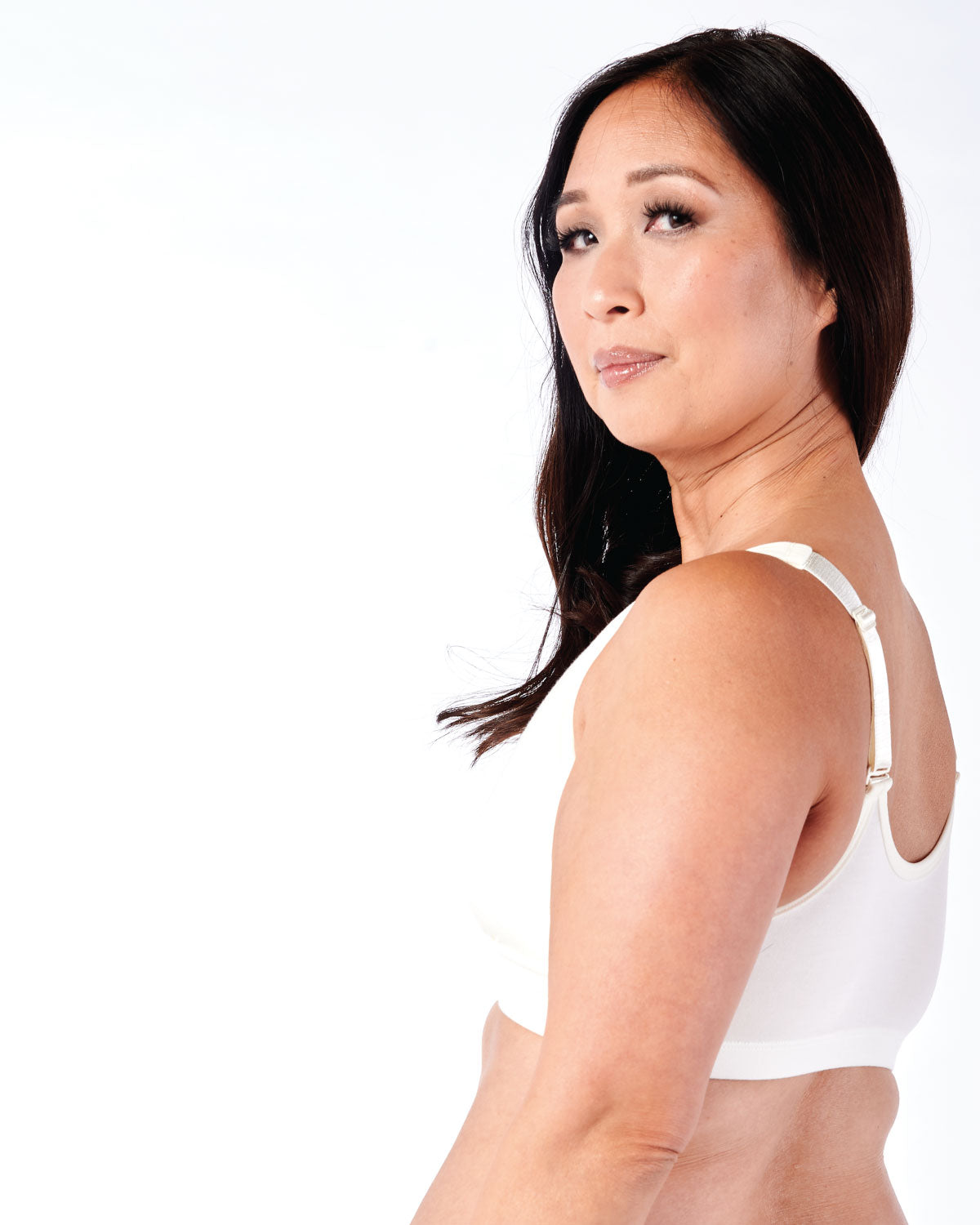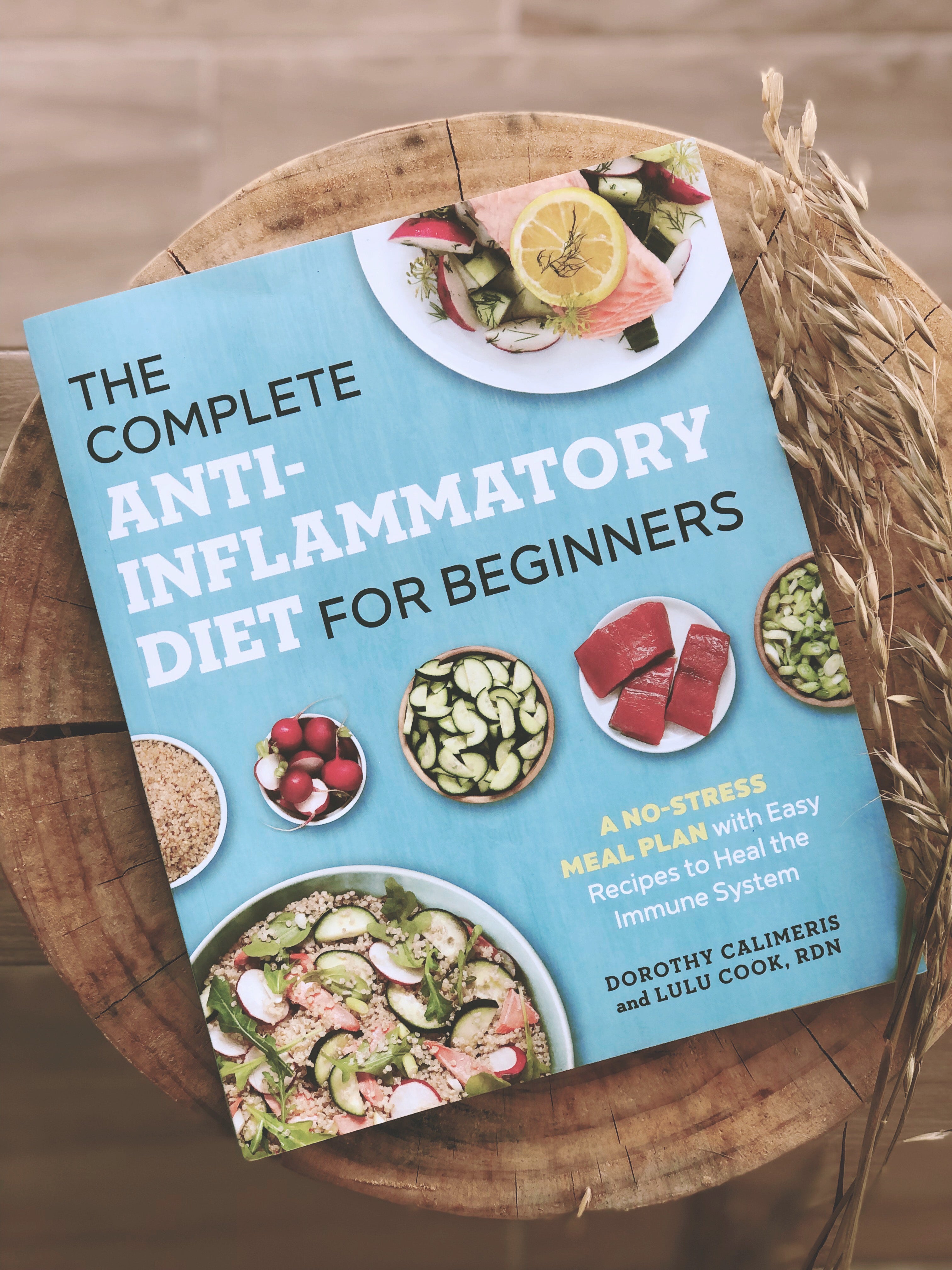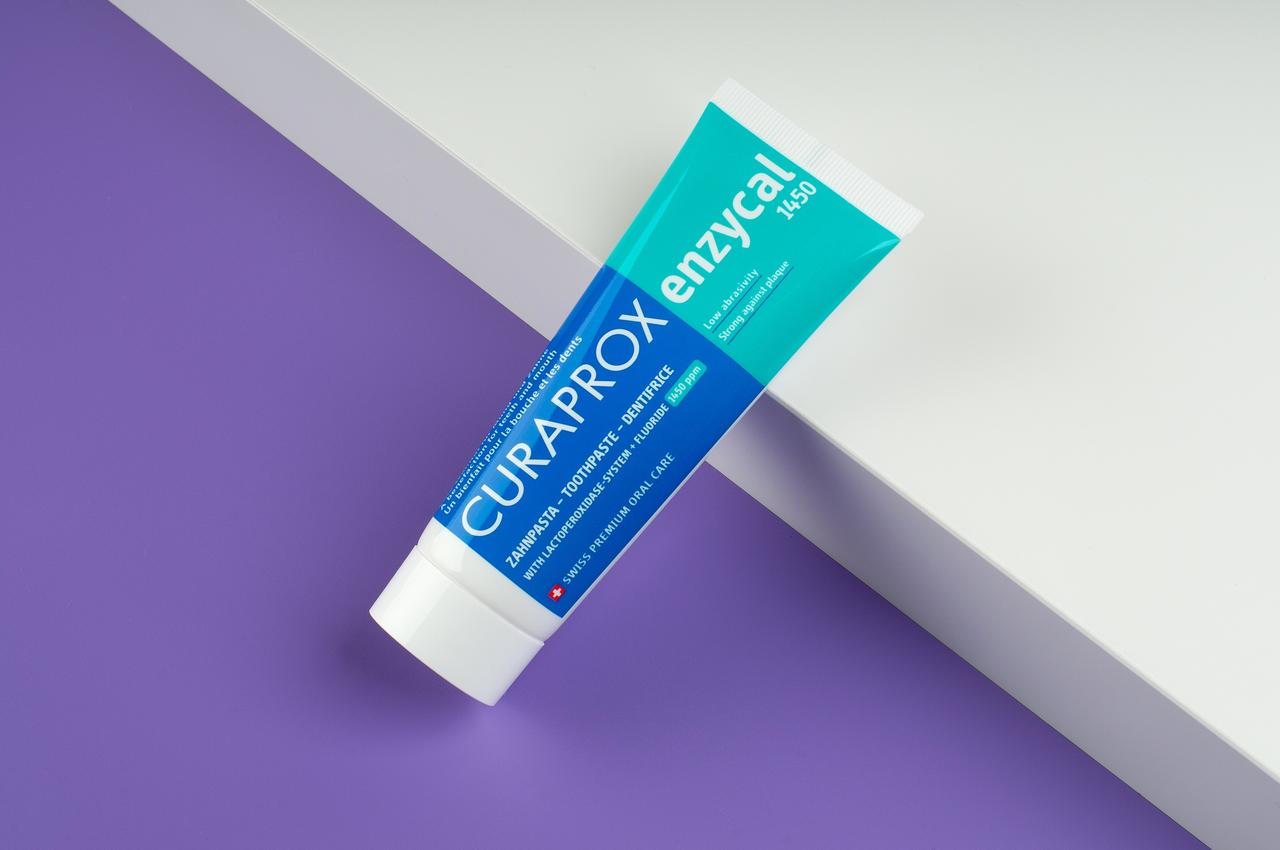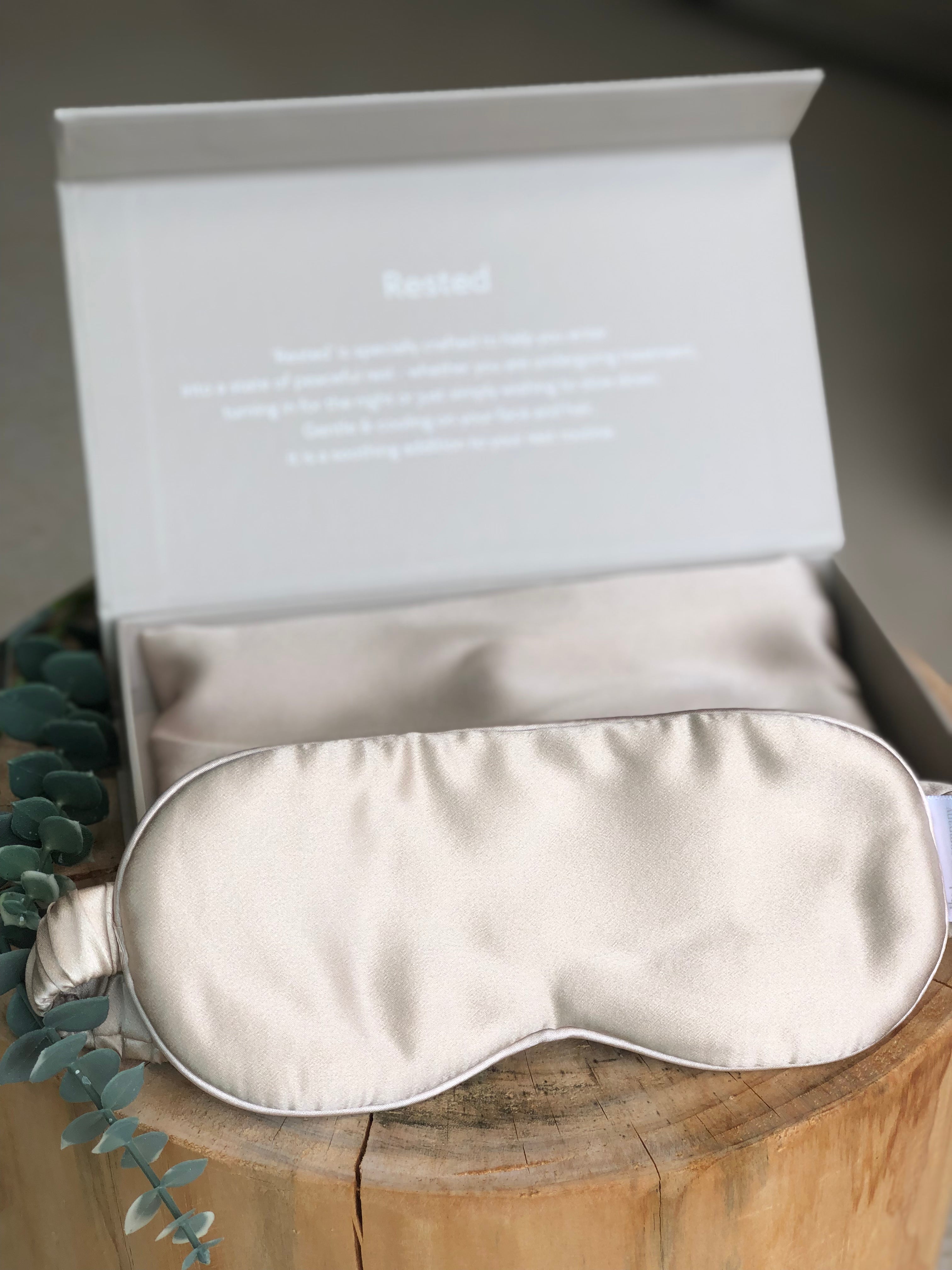
Introduction and diagnosis
My diagnosis
I had felt a lump in my breast in 2011, and just happened to have a free medical checkup from my insurance, AIA with a GP. The medical check up is all inclusive, including things like a Pap smear. The doctor noticed the lump and referred me to a radiologist under the Shenton hospital group.There, I was told that the lump was very deep in and less than 1cm, so it was not something worrisome, and I could come back to get it checked in 3 months time. As a mathematician, I suspected that it was highly unlikely that something I could feel was less than 1cm, but I decided to let it be and come back in 3 months, since I didn’t have any family history of cancer at all.
During Chinese New Year that year, everyone told me that I had lost weight, which was quite flattering. However, I also realised that the lump was getting bigger. Afterwards, I had a conversation with a few of the teachers, and told them about my concerns. One of the teachers has a husband who is a doctor, and she urged me to go for another check up as soon as possible, insisting that if I could feel it, it was definitely more than 1 cm in diameter.
The initial consultation
I wasn’t very sure where to go, and I thought that I should consult a gynaecologist about the issue. Since my personal gynaecologist was a male, I went to visit my sister-in-law’s gynaecologist instead. When I was there, she informed me that I had to visit a breast surgeon instead, because she didn’t have the equipment to do a detailed analysis. However, she was still able to do a preliminary scan for me. While I was lying down for the scan, she examined the area, and said that there was no need for a scan, and that I should consult a breast surgeon immediately. It was a Friday, and she made an appointment for me to see her friend the next day. I was extremely lucky, because under ordinary circumstances, it would have been very difficult to get an appointment with this doctor , but I was able to see her the very next day.
During the scan with the breast surgeon the next day, she immediately identified the growth as being of an odd size, which meant that it was definitely cancerous. A biopsy was performed immediately and I decided to pay extra to expedite the process of getting the results because I didn’t want to agonise over the unknown for too long. My husband accompanied me to this initial consultation and he was with me throughout the entire cancer journey. For this, I am very grateful.
The following Monday, a mere 3 days after the initial biopsy, I was able to receive my results. Having money really does make a difference, and I am fortunate that my insurance policy was comprehensive enough that I did not have to worry much about the expenses. I am aware that it takes much longer to receive results in government hospitals. When my surgeon informed me about the results, she was very caring, and she calmly explained that the prognosis was not very good. The lump was about 3-4cm and some of the cancer cells had spread to the lymph nodes. The options presented to me were either a mastectomy or lumpectomy. I told her that I wanted a lumpectomy, as I had yet to recognize the severity of the situation. When she asked me why I did not consider a mastectomy, I replied casually “No need la, I can remove the lump itself and all will be fine!” My only point of reference at the time was television shows, in which a lump was removed and suddenly all was fine again. At that time, my husband was still in the room, attending the consultation with me. She asked my husband to leave the room, and showed me the scan of the lump again. Gently, she explained that the lump was quite big and that a lot of tissue would have to be removed during the operation, and asked what my concern was with doing a mastectomy instead. I was quite resistant to the idea of a mastectomy because I thought it would be extremely ugly, and in my mind’s eye I pictured my flesh being cut around the entire circumference of the breast, and the entire thing being removed. My doctor immediately corrected my misconception, and explained that instead, only the nipple would be removed, and from the small opening created by that removal, all the flesh within the breast would be removed, and replaced by tissue from another part of the body. I was not very knowledgeable about the process, and during the weekend between the biopsy and its results being released, I did not want to find out more about the process. After the process had been explained to me, I felt much more comfortable with doing a mastectomy, and decided to proceed with it.
Our reactions to the diagnosis
After the consultation, I was still quite alright, I didn’t feel particularly upset or angry. My husband and I even went to have a steamboat buffet lunch afterwards! It was only during the meal, when my husband broached the topic of breaking the news to my mother, that I started to cry. Anything that happened to me was not particularly distressing, but to tell my parents that I have cancer and have to go for an operation was extremely difficult for me, because I knew that to them, I was always going to be their little girl despite the fact that I was already a grown adult.
By then, my brother knew something was wrong, because my sister-in-law’s gynaecologist happened to ask about whether I had seen a breast surgeon yet during her consultation with them. When my brother texted to ask me about it, I explained the situation to him, and cheekily told him that “it’s (now) your job to tell mummy!” As the youngest daughter with two older brothers as well as a close knit extended family, I knew that I would be well taken care of, but I could not imagine how my family would take it.
When he told my mother, her only response was to say, “I need to take a walk.” Her face was completely expressionless, and my brother could not discern how she was feeling at all. Concerned that my mother would react recklessly, my brother decided to follow her to keep an eye on her during her walk. Unexpectedly, she went to buy TOTO before heading to a coffee shop to buy Kopi. Usually, she never buys kopi outside, and prefers to make it herself at home. After finishing her kopi, she walked home to give me a call. I think her brief walk was her way of destressing.
During our conversation, I explained that I felt extremely lucky that I was able to identify the cancer at a stage at which it was still treatable, and that I was grateful that I had access to top quality medical care and a loving family that would support me through this difficult time. However, my mother was extremely angry on my behalf. She asked questions like, “Nobody in our family has cancer, why you, and why now?” Being Taoist, my family believes that praying to the ancestors for protection will keep us safe, and she asked “why didn’t the ancestors protect you?”, and she even went in front of the altar to scold them for not protecting me from this diagnosis.
Two days before my mastectomy, my mother broke the news to my father. He had just returned home from work and was about to change out of his work clothes, when my mother told him about my diagnosis. Immediately, he pulled his shirt back on and came to my house. Just like my mother, he was extraordinarily angry, and asked why I had cancer. I calmly explained to him that it was not something that had any particular reason, it simply happened. After I spent time comforting and reassuring him, he returned home.
Treatment process
My experience with surgery
After I went for a PET scan that confirmed that, fortunately, the cancer was only in my breast and my armpit, we decided on the treatment plan quite quickly. It involved going for an operation, and doing chemotherapy. It was quite funny, because I noticed quite “suay” or unlucky events along the way that made my husband and I crack dark jokes with each other. For instance, after the consultation to discuss the PET scan with my doctor, the doors of the lift refused to open to let us out on the first floor. Instead, we had to take the lift back up to the second floor, where the lift doors opened up nicely, and we took the escalator down to the first floor. On the first floor, I wanted to inform the information counter that the lift doors were not working well. So I pointed to the specific lift we had been in, telling them that it did not open properly. Just as I was doing so, the lift doors opened smoothly and the passengers inside stepped out. So it seemed as though I was the only passenger the lift did not want to let out that day.
In preparation for my long hospital stay in recovery from the surgery, I decided to cut my long hair short. Usually, I go to the $10 haircut places to trim my hair, but since this was a much bigger change than a trim, I decided to go to a new hair salon that had just opened near my home. I was one of the first customers to arrive, and just as I was getting my hair cut, there was a blackout in the salon. At that moment, I cried again. The hairdresser was extremely flustered by my reaction and tried to reassure me that the lights would come on again eventually, and I had to reassure her that my tears were not because of a fear of the dark, but a sudden sense that I had been encountering unlucky events leading up to my operation. However, this “unlucky” feeling did not extend to the actual medical treatment I had.
I was fortunate enough to be able to have my treatment entirely within private hospital facilities, which allowed me to arrange my treatment schedules very quickly. On Friday, I saw the gynaecologist, on Saturday, the breast surgeon, did the PET scan on Monday, and I scheduled my operation within the same week on Thursday or Friday. I just didn’t want to wait. On that same Monday, I went back to school to clear up any administrative work that was left behind in preparation for my extended period of absence.
“In my opinion, most people quit cancer treatment not because they are afraid, but more often than not, they are tired out by the long, drawn out process exacerbated by the waiting in between treatment steps.”
My approach to surgery
In public hospitals, one often has to wait for long periods of time between each stage of the treatment process, which can be extremely mentally and physically taxing. In my opinion, most people quit cancer treatment not because they are afraid, but more often than not, they are tired out by the long, drawn out process exacerbated by the waiting in between treatment steps.
Part of my approach to my cancer treatment also involved not researching too much. I didn’t want to know about the specifics of the treatment, like statistics or likelihood of survival, because I knew that it would make me more nervous. Instead, I chose to trust in my medical team and follow their advice. Although some people were curious as to why I didn’t go for a second opinion, to me it was quite clear cut. The scans can’t lie! I didn’t feel like going to get a second opinion would change my prognosis, and I trusted the doctors I was with to give me the best possible treatment. Throughout my treatment, the doctors remained a calm, reassuring presence. Some even joked lightheartedly with me in order to make me feel comfortable. Thanks to their excellent bedside manner, I never once felt as though I was a different person because of my diagnosis.
In order to get tissue for the mastectomy, I did a tummy tuck that removed fat from the belly to be inserted into the breast. That was, in fact, the most painful part of the surgical process, because it involved a long slash across my belly from left to right. After the surgery, I was unable to laugh or cough too loudly, because it hurt when I did.
The night before the operation, I wrote down a long list of people I wanted to thank and discussed my funeral plans with my husband, in case anything went wrong during the operation.
The last thing I wanted was for my funeral to be something I did not approve of. For instance, one of the things I did not want was for my ashes to be left in a temple. Instead, I wanted them to be scattered somewhere.
Right before the operation, one last “suay” thing happened to me. When the anesthesiologist came to check on me, he asked “Are you 105 cm?” referring to my height. I was horrified. “No, I’m 165 cm!” I replied. The nurse had handwriting so messy that the 6 looked like a 0. Terrified, I asked my doctor, “does the hospital have a backup generator?” Puzzled by my question, the doctor asked, “ why are you concerned about that?” I explained to him that I had encountered a series of unlucky incidents, and I just wanted to be reassured that in the case of a blackout during my operation, I would still be fine. The anesthesiologist was extremely amused by my take on the events which had transpired, and assured me that all hospitals have backup generators in case of an emergency. Reassured, I was put to sleep.
After the 8 hour surgery, I still recall that my first words after being taken off anesthesia were “Wait… wait, I haven’t finished marking yet!” Subsequently, I had 7 days of recovery in a hospital bed in Mount Elizabeth, Novena. During those 7 days, my husband was with me every single day, and would only leave the room when my mother was around. For instance, if he wanted to bring the children over to see me, he would ask my mother to watch over me until he returned. My mother would also come and sit with me during the day. Apart from them, I had a steady stream of visitors, both family and friends and teachers from school. I did not realise this at the time, but a good friend of mine, who was also a teacher at the school I was teaching in, had been scheduling the visits so that I would not feel overwhelmed. I remember her getting so angry with another teacher who had come to visit me despite having a cough - she was truly my greatest defender during that period. Apart from them, I also had some students who dropped in with get well soon cards and well wishes. Throughout the experience, I was strengthened by the overwhelming amount of love and support my friends and family provided me. For instance, I had a friend who went on a month of fasting from meat, as part of her process of praying for my healing. I had other friends who cried after receiving news of my diagnosis. Still others would offer to do things like take my boys out for outings or bring food over for the family, and thought of concrete ways of supporting me and my family through this period of time. Having cancer really reminded me that I was well loved and cared for by the people around me.
“Having cancer really reminded me that I was well loved and cared for by the people around me.”
My experience with chemotherapy
The oncologist had advised me that there would be 4 strong doses of chemotherapy administered after the mastectomy, and depending on the analysis of the type of cancer cell within the tumour, I might have to do further treatment, such as 12 weekly treatments after those 4 initial chemotherapy sessions.
My first reaction was, would I be able to make it for my trip in June? We had already planned a trip to Australia before my diagnosis, and I wanted to still be able to go for my trip after the treatment. Especially since it would be my younger son’s first trip abroad and both my sons’ first experience with winter. Hence, I said that I would only agree to treatment if it would be in time for my trip. The oncologist was very good, and promised me that they had enough time to schedule my treatment before my trip.

Serene on the trip to Australia with her son
Another facet of the decision making process involved how the chemotherapy drugs would enter my system. Every time chemo drugs are injected into the body, it burns the veins and makes it smaller. When I was informed that I would have to go through 16 rounds of chemotherapy in total, I did not want the drugs to be injected via my veins because it would have a “cold” sensation and I felt like I would eventually run out of veins. Instead, I inserted a port catheter (portacat) near my collarbone through another elective surgery, which would allow me to receive the drugs without going through the veins.
During chemotherapy, a cancer patient has 0 immunity. Therefore, what usually kills cancer patients is not cancer itself, but chemotherapy treatment. In order to minimise the risk of infection, my oncologist recommended that I get an immunity jab. I would either get 1 jab a day for 10 days which costs $100 a day, or a single jab for $1,800. I decided on the single jab because I didn’t feel like being jabbed every day. Furthermore, I had to jab myself! Luckily my sister-in-law was a nurse, so she was able to do it for me. I was too much of a scaredy cat to do it myself.
Experimenting with chemotherapy
After each chemotherapy session, I was also given anti-nausea pills. Being the defiant me, I wanted to experience what vomiting was like. I had always seen people’s adverse reactions on television, but I wanted to feel for myself what it would feel like. So for the first session, I did not take my anti-nausea pills after the chemotherapy session, and for the next twelve hours, I sat in front of the toilet bowl and vomited. The next day, my brother took me to the hospital to get the immunity jab. He asked me what I wanted to eat afterwards, but I had no strength, so I told him I didn’t feel like eating anything. Immediately after the jab, I felt extremely energised, as though it was a miracle drug, and my appetite came back. I proceeded to tell him a laundry list of things that I wanted to eat.
On the third day after chemotherapy, my body was extremely painful. Even a little nudge would make me feel as though I had been bruised.Generally, during chemotherapy, it was quite difficult because I was not able to go near my children. Because I had no immunity and my children went to childcare, it was difficult to know if they had any germs from the childcare centre. It was quite sad, but we always made sure to explain the situation to them in ways they would understand.
My chemotherapy was done in 14 day cycles, and my mother would come and sit by me every day. Usually, chemotherapy is done in 21 day cycles, but in order for me to have enough time to make it for my trip in June, my doctors adjusted the chemotherapy cycle for me.
As with the different stages of my treatment, I was determined to experience everything. During chemotherapy, I was told that my hair would drop, but I wanted to know how, exactly, it would do so. Would it fall out in clumps? Or would it be indiscernible where the hair was falling from? After the first few days of treatment, my hair began to fall with greater frequency, and soon, after sitting in a chair at home, I would find a halo of hair underneath it. At the hospital, the nurses very gently commented on my falling hair, and pointed out that it might be easier for me if I shaved it off instead. Besides, they advised, the weather was getting quite hot! It might be much more comfortable after the shave. Really, the nurses were so sweet.
That day, I went to Far East Plaza to have my hair shaved off. I still remember, we brought the boys with us and I even posed for photos as I cut my hair off. To me, it’s about making the best out of the situation. To me, things don’t look so bad if you have fun with it!
“It’s about making the best out of the situation. To me, things don’t look so bad if you have fun with it!”
After that, I bought a wig that I only wore twice! Haha, it was too hot for me to wear often, although it was quite a high quality piece.
Since I had plenty of spare time, I picked up baking. Although I was never a baker, I felt the need to have something to occupy my time.
After the tumour analysis, my doctor realised that I had an aggressive type of breast cancer with a 50% recurrence rate, known as BRCA 1, the same cancer gene as Angelina Jolie. She thus suggested that on top of the initial plan of 4 rounds of intensive chemotherapy and 12 weekly sessions, that I take an additional 14 rounds of chemotherapy every three weeks as well. However, she only told me this after I had finished my first 4 rounds of treatment, to ensure that my morale would not be dampened.
My approach to chemotherapy
Despite everything, I remember being my doctor’s happiest patient. My ability to push through the treatment really stemmed from my insistence on keeping a positive attitude throughout. I tried to spread this positivity with the patients also undergoing chemotherapy with me because I truly believe that what kills cancer patients is not cancer itself, but their fatigue from having to go for treatment over and over again, and the physical and mental stress that comes from it. For instance, there was a patient who was in the chemotherapy centre undergoing treatment around the same time as me. She was married, with no kids, and had planned on getting chemotherapy first to reduce the size of the tumour before going for a lumpectomy. I used to text her before treatment, and ask her whether she would be there as well, and generally tried to encourage her to be positive with me. One day, when I messaged her about whether she was going for chemotherapy, she told me that she would not be going for chemotherapy anymore, because she felt that she was getting better. I knew that it was not possible for her to decide whether she was getting better or not, and tried to encourage her to come back for chemotherapy.
A couple of years ago, after a review consultation I had with my doctor, I encountered another elderly lady who was hesitant about going for chemotherapy. She was there with her husband and her two adult sons, who were trying to encourage her to go through chemotherapy but to no avail. When the doctor invited the family members back into the consultation room for a discussion, I turned to the elderly lady and asked her in teochew, “why don’t you want to go for chemotherapy?” She replied, “ I don’t want my hair to fall off, it’s so ugly!” I gestured to my own hair, which had grown out by then, and said, “Don’t worry, it will grow back! Look at mine, it’s grown out so nicely!” After I told her this, she seemed amazed, and even touched my hair to confirm that her hair would grow out exactly the same as it had before. After she realised this, she decided to go ahead with chemotherapy treatment. When her husband and sons emerged from the doctor’s room, she told her husband in amazement, “look at that lady, she had chemotherapy already but her hair grew back out exactly the same!”
Her husband, with fond exasperation, replied in mandarin, “I’ve already told you this, the doctor has told you this as well, why won’t you listen to us!” Sometimes, patients need to be reassured by seeing a patient who has gone through the same things with their own eyes, and I was glad to be able to be a living, breathing example of a cancer patient who survived chemotherapy.
“Reflecting on the process, I remember becoming aware of the overwhelming love and support that surrounded me. I realised that beyond my immediate family members, such as my boys and my husband, so many people truly loved and cared for me, like my extended family members and teachers at my school that did their best to care for me”
Reflecting on the process, I remember becoming aware of the overwhelming love and support that surrounded me. I realised that beyond my immediate family members, such as my boys and my husband, so many people truly loved and cared for me, like my extended family members and teachers at my school that did their best to care for me. For instance, a good friend from school would pop by often to visit me and bring things for my boys. I didn’t have to worry about a single thing, as I also have a very competent domestic helper who really helped me with things like cooking for the children.
Post treatment and recovery
What drove me forward throughout the process
Instead of motivation, I believe the thing that helped me to pull through was definitely my positive mindset and attitude. Cancer treatment is difficult, and the difficulty does not stem simply from the treatment, but the fatigue that comes with having to undergo so many rounds of treatment over and over again.
When my parents and friends asked, “Why you?” I responded with, “Why not me?” Cancer can happen to anyone, and it was fortunate that it happened to me when I had already had children, a supportive husband and family, and a comprehensive insurance plan that enabled me to get the best possible care. It could have happened to someone else, without a strong support system or the same protective insurance plan, and they would have been much worse off. Although people around me thought I was unlucky, I consider myself very lucky, because I discovered the cancer at a stage at which it was still treatable, and I had so many resources available to me. Acknowledging how “lucky” I was really helped me to face the diagnosis positively. Throughout my treatment, I maintained my positive, happy go lucky approach to treatment, to ensure that I would have the motivation to push through the treatment.
My remission
In remission, I am reminded that I am living on borrowed time every day. As such, I try my best to enjoy life to the fullest. My encounter with cancer made me realise that every day is a gift, because it was not guaranteed that I would come out of the treatment process alive and well. I even have a friend who celebrates my “new birthday” every year on 28th February, the day my mastectomy took place. She brings a cake to school every year on that day. By approaching my life as something that I have been given a new lease on, I am able to assess what is truly important to me, such as my family and friends.
Life after cancer
My approach to life after cancer
I’ve definitely become much more relaxed than before. I used to be very “Kan cheong,” and lived a very fast paced life. In Singapore, we often feel the need to progress quite quickly from one stage of life to the next, but now I’ve realised that it’s not necessary to do so. Instead of making such things the focus of my life, I spend my time in a more mindful and relaxed manner. For instance, I have picked up various artistic hobbies, like creating nagomi artwork.
I also learned to hold on to a positive mindset throughout the process. For instance, whenever I swiped my credit card for treatment, I always looked forward to redeeming something with the points I would get from my spending, as a sort of “cheap thrill!” In life, good and bad things happen. How we react to them can really change the way we experience them. We can choose to be sad, or we can choose to make light of the situation, and have fun with it. Some people believe that we end up six feet under anyway, so what’s the point? But to me, living positively is a choice one makes to make one’s own life better.
How I told others about my diagnosis
Initially, I told my close circle of friends amongst the teaching staff, who were all very supportive.These teachers reached out to other survivors of cancer from the teaching staff within the school. These survivors not only gave me guidance through phone calls to explain the process to me in more detail, but they also recommended cancer related products to me such as mouthwash instead of brushing my teeth with my normal toothbrush to help with any potential sores that I would feel due to radiotherapy in the neck area. Eventually, most teachers found out about my condition, since I had to step down from my position as the level head, and both the teaching staff and management were accommodating and supportive of my needs. Even teachers whom I was not particularly close to reached out to be there for me. Throughout the process, I generally didn’t have much fear or apprehension, and my positive mindset also extended to breaking the news to others. The only thing I was worried about was making my friends and students sad for me.
When I told my students about my diagnosis, I did not want them to speculate, so I shared my diagnosis quite frankly with them. Because they are old enough to understand the situation, I just calmly explained it to them. I also reassured them that I would be well taken care of, so they would not be too worried. Before I left, I got very lovely messages and cards from my students who all wished me well. On the eve of my surgery, I also got very sweet messages from my students, who said that their entire family would be praying for me that night before I went for surgery.
How I approached working with my students and colleagues during and after treatment
I took time off teaching while I was undergoing treatment. Afterwards, I make it a point to share with my students, every year, what happened to me. I believe this experience changed my perspective of life, and I want to show my students, by example, how to live life with positivity.

Serene with her children at Gardens by the Bay
How I explained my diagnosis to my children
At the time, my children were very young, so they did not understand what the word “cancer” meant. I simply explained to them that I was sick and had to go to the hospital for a surgery and stay for seven days. When they came to visit me, they asked about the tubes that were connected to me, and I told them that it was something I had to have after the operation. At the time, Jovan was only 4 years old, and he kept asking when I could go home. I also remember them wanting to climb onto the bed with me, which was not possible, so it was quite difficult to explain such things to them. Another example of things they could not understand was this: when I was undergoing chemotherapy, they were not allowed to come near me after they came home from daycare, because my immunity was compromised and we were fearful of what they could potentially bring back with them. Only after they had showered and changed out of their clothes, was I able to play with them. When they asked why they could not hug me after they came home, I told them that if they did, I would have to go back to the hospital, and said “do you want mummy to go back to the hospital?” Only then did they understand the importance of showering. Luckily, I had my husband and my domestic helper to manage them, so I always knew that they were in safe hands, even though I could not spend as much time with them as I would have liked.
A few years afterwards, Jovan asked me about what had happened during that period of time. He said, “Mummy, last time you were sick, what happened?” When I explained that it was cancer, another question he asked was “Will it come back again?” I replied quite cheekily, “It will, if you make mummy angry again la!” In some ways, it is true since I believe one’s emotions do affect the growth of cancer. However, I don’t think my younger son, Anson, remembers much since he was only two years old at the time.
Words of advice
My advice to cancer patients
Have a positive mindset. Believe in yourself and your doctors. When I was going through my treatment, I always told myself that I was not the first person to go through treatment, and I won’t be the last person to do it. If everyone else could do it, why can’t I? I saw so many people who were much older than me going through treatment, and I used them as positive examples for myself. If they could do it, why couldn’t I? Also, be grateful that you have the opportunity to go through treatment. Although some people are afraid of treatment, and don’t want to do it, I always thought of the people who were desperate for the chance to be treated, yet were not able to because they no longer could go through treatment. After going through the treatment, you will be given a new lease of life!
The television shows make it seem much worse than it actually is. Take fictional TV shows with a pinch of salt. It is not nearly as painful as they portray it to be.
A strong support system is vital to your recovery. I truly drew strength from the friends and family around me who helped me throughout my treatment and diagnosis. From my own experience, they really helped me through the difficult times. Don’t feel hesitant to reach out for help, because even having someone to accompany you during a consultation with your doctors will help you cope better with your diagnosis.
“Have a positive mindset. Believe in yourself and your doctors”
How friends and family can better support people with cancer
Little words of encouragement go a long way, especially through texts or cards. I might forget something that was told to me in person, but if you send me a text or give me a card, I can always go back and refer to it afterwards.
Also, checking in with a person regularly also makes them feel comforted. Try to be tactful when you send messages to check up on your friend, because simple pleasantries like “I hope you are feeling better!” can sometimes be insensitive if the person is still going through chemotherapy and is obviously not feeling better yet. Instead, you can offer concrete ways to help the person. If you say “let me know if you need anything!” It can come off as simply a pleasantry that you say because you don’t know what else to say.
Instead, ask about the person’s schedule, family arrangements and food arrangements and offer concrete help in these areas. For instance, you can offer to give the children lifts to their activities, or spend time with the children, or drop food off for the family instead.
Another way you can help is by offering to connect your friend with a cancer survivor, to get advice from the other person who has had a similar experience.
I will forever be grateful to my good friend who stuck by me throughout the process, and managed things behind the scenes without even telling me, such as by scheduling hospital visitors during my hospital stay, and playing with my children. Another friend even flew in from Hong Kong after my surgery, and she and her mother gave my helper advice about how to prepare food for me during my recovery. I am grateful for every single person who walked this journey with me, in whatever capacity they could. If you are a friend or family member of a person with cancer, remember to be there for the patient.
To those that are struggling with cancer now
Appreciate the chance you have to continue living your life, and try to look at the positive side of things. If you focus only on the negative experiences, things will be very tough. However, if you choose to look at the positive side of things, things will be easier to bear, somehow. Enjoy the process! It was not the most comfortable experience going through chemotherapy, but I tried to make the best of the situation.
Another thing that really helped me was the fact that I was able to get everything done very quickly. The longer you drag things, the harder things get, not only because the cancer might advance, but also because it is harder to sustain your motivation and courage over a long period of time. Chemotherapy can be a tiring process, and the longer you go in between treatments, the harder it is to push yourself forward. The longer you spend waiting, the more opportunity there is for fear to creep in, and fear can cause a lot of negativity. I gave myself no time to think, and threw myself into treatment, which helped me to be more courageous because I didn’t allow myself to ruminate and to hesitate.
No matter what, hang on to the positivity you have in your life, and try your best to generate more of it!
The brave team would like to thank Serene for taking the time to share her experience and for her generosity in sharing her story here on the Brave website.

